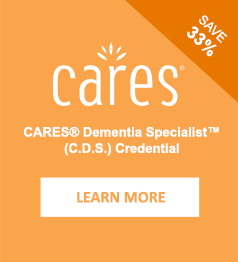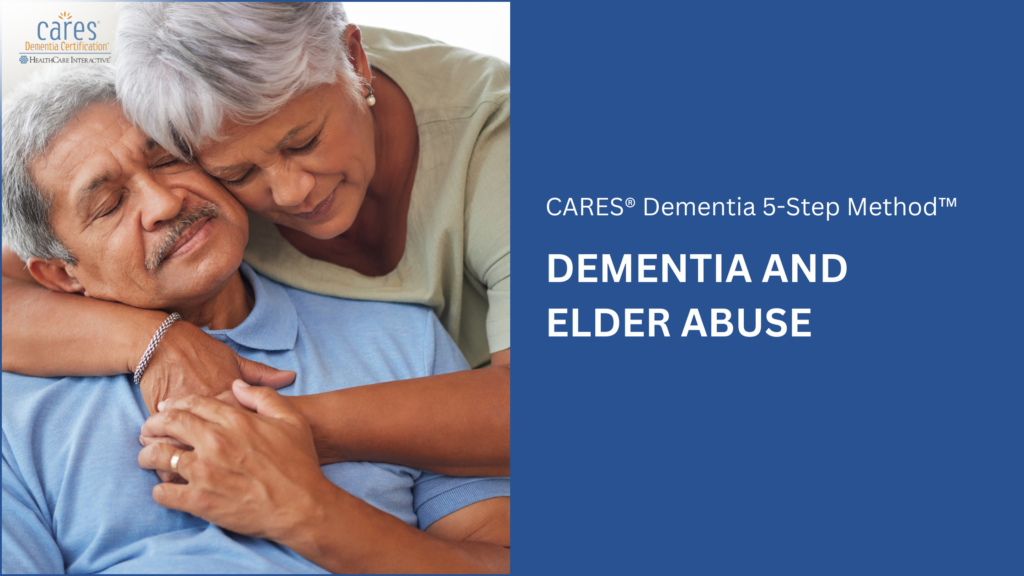If you have tried everything to understand a person’s behavior but still feel uneasy, elderly abuse in dementia could be the cause.
As Alzheimer’s disease progresses, it impacts thinking abilities, leaving elders with dementia more vulnerable to abuse than those without it. Recognizing elder abuse can be challenging, but certain signs can help you identify it.
Physical and Emotional Abuse
Both physical and emotional abuse can have severe effects on an elder’s well-being. Physical abuse includes actions like hitting, slapping, kicking, pinching, or pushing. It also includes improper use of physical or chemical restraints. Rough handling can cause bruising or skin tears. Physical abuse and emotional abuse can be part of elderly abuse in dementia. Emotional abuse targets an elder’s mental health.
This can include:
• Yelling, name-calling, or bullying
• Isolating or intimidating the elder
• Ignoring or belittling them
In care facilities, even residents can emotionally harm others, so policies should be in place to prevent this.
Sexual Abuse
Sexual abuse is a hard thing to think about. It’s any “non-consensual” sexual contact with an elderly person, whether that’s from a family member, caregiver, staff member, or even another resident. Sexual abuse can include:
• Unwanted touching or groping
• Sexual assault or coercion
• Exposing the elder or taking inappropriate photographs without consent
Any sexual act with an elder who cannot consent due to physical or mental limitations is considered abuse.
Financial Abuse and Exploitation
Financial abuse is when someone unlawfully takes money or property from an elder. This could involve:
• Stealing money or possessions
• Misusing credit cards or bank accounts
Sometimes exploitation expands to such extends that it include scams, such as:
• Phony investment schemes or fraudulent sales
• Overcharging for repairs or services
Financial abuse in dementia care can involve scams, like phony investments or overcharging for services.
Neglect and Abandonment
Neglect is the most common form of elder abuse. It happens when a caregiver fails to provide basic care, such as food, shelter, or medical assistance. It also includes failing to ensure the elder’s hygiene or safety.
Self-neglect occurs when an elder with dementia is unable to care for themselves due to physical or mental limitations, even if they resist help.
Abandonment happens when a caregiver leaves an elder in unsafe situations, such as:
• Deserting them in a hospital or care facility without proper arrangements
• Leaving them in public places or at home without support
Note: Many definitions of elder abuse also cover abandonment. This happens especially in elderly abuse in dementia care, when an elderly person is left behind by someone who is supposed to be caring for them. Examples include leaving an elderly person at a hospital, long-term care facility, shopping center, park, or any public place. If you think someone has been abandoned, you should report it to Adult Protective Services or call 911.
Would you like to earn your certification in CARES® Dementia 5-Step Method?
Start now and gain access to Module 1 for free at www.hcinteractive.com/5StepDemo.
Don’t miss out—this limited-time offer is available now!

